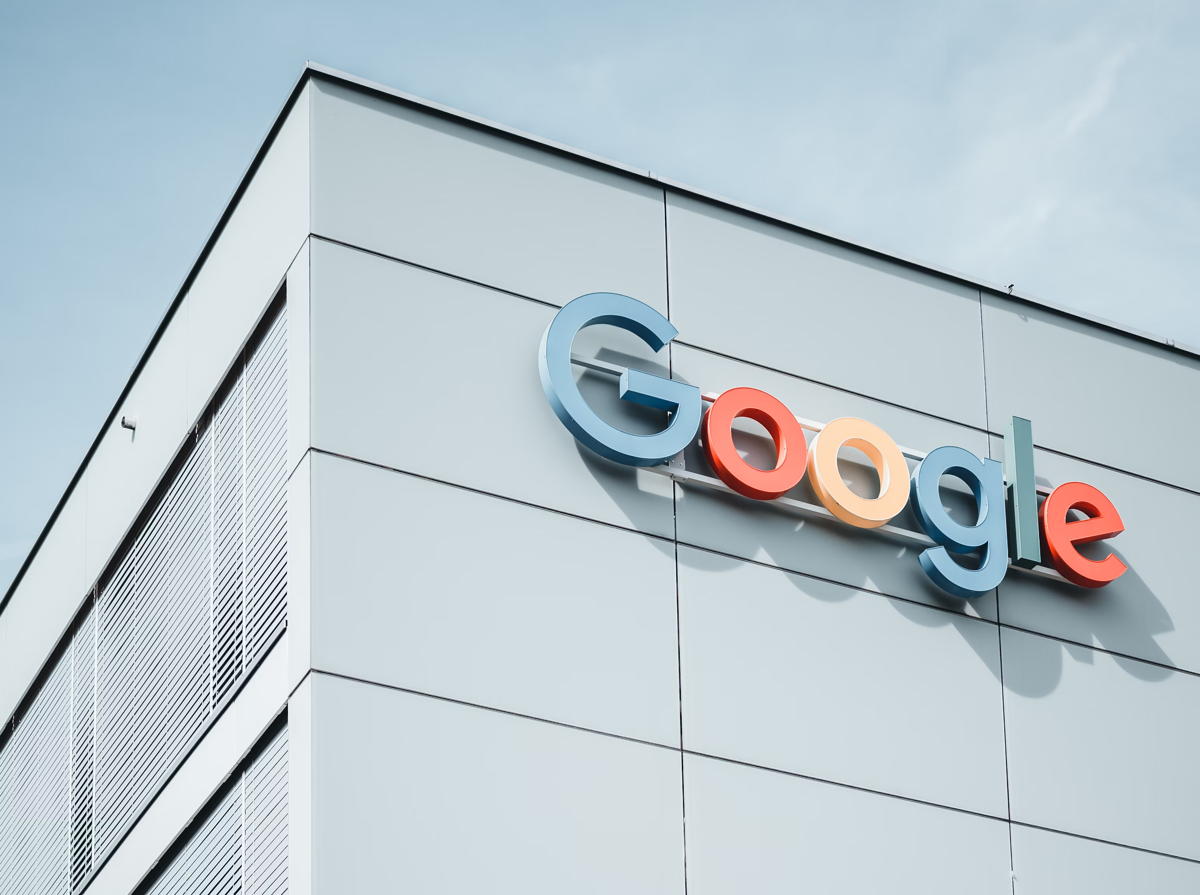[ad_1]
Executive hits out at the DoJ’s “staggering proposal” to force Google to sell off its Chrome web browser, plus other measures
Alphabet’s Google has slammed the US Justice Department (DoJ) for opting to “push a radical interventionist agenda” to end the firm’s monopoly of the search engine market.
On Wednesday, the DoJ had as expected, unveiled its “structural remedies” in a court filing, arguing that Google must sell off its Chrome browser, consider its ownership of Android, and halt default search engine contracts with the likes of Apple, Samsung, Mozilla etc, among other demands.
The DoJ demands came after a landmark ruling in August by Judge Amit Mehta, who stated “the court reaches the following conclusion: Google is a monopolist, and it has acted as one to maintain its monopoly.”

Staggering proposal
Now Google has issued its public response to the DoJ’s ‘remedies’, and as expected, it pulled no punches and pledged to fight the proposals.
“As part of its lawsuit over how we distribute Search, the US Department of Justice (DoJ) tonight filed a staggering proposal that seeks dramatic changes to Google services,” wrote Kent Walker, president of global affairs, and chief legal office at Google and Alphabet in a blog post.
“DoJ had a chance to propose remedies related to the issue in this case: search distribution agreements with Apple, Mozilla, smartphone OEMs, and wireless carriers,” he wrote. “Instead, DoJ chose to push a radical interventionist agenda that would harm Americans and America’s global technology leadership.”
He wrote that the DoJ’s “wildly overbroad proposal goes miles beyond the Court’s decision” and it would break a range of Google products, not just its search engine.
According to Google’s Walker, the DoJ’s “extreme proposal” would:
- Endanger the security and privacy of millions of Americans, and undermine the quality of products people love, by forcing the sale of Chrome and potentially Android.
- Require disclosure to unknown foreign and domestic companies of not just Google’s innovations and results, but even more troublingly, Americans’ personal search queries.
- Chill our investment in artificial intelligence, perhaps the most important innovation of our time, where Google plays a leading role.
- Hurt innovative services, like Mozilla’s Firefox, whose businesses depend on charging Google for Search placement.
- Deliberately hobble people’s ability to access Google Search.
- Mandate government micromanagement of Google Search and other technologies by appointing a “Technical Committee” with enormous power over your online experience.
Government overreach?
Walker wrote that one example of the DoJ’s proposal would literally require Google to install not one but two separate choice screens before a user could access Google Search on their Pixel phone.
“And the design of those choice screens would have to be approved by the Technical Committee,” Walker said. “And that’s just a small part of it. We wish we were making this up.”
“DoJ’s approach would result in unprecedented government overreach that would harm American consumers, developers, and small businesses – and jeopardise America’s global economic and technological leadership at precisely the moment it’s needed most,” wrote Walker.
“As the Court said, Google offers ‘the industry’s highest quality search engine, which has earned Google the trust of hundreds of millions of daily users,’ Walker concluded.
“We’re still at the early stages of a long process and many of these demands are clearly far afield from what even the Court’s order contemplated. We’ll file our own proposals next month, and will make our broader case next year.”
Trump administration
It remains to be seen whether the incoming Trump administration will continue to pursue big tech in the same aggressive style as the Biden administration.
But it should be noted that the DoJ antitrust suit against Google for monopolising search and search advertising was filed back in 2020, under the previous Trump administration, and the inquiry continued under President Joe Biden.
Another antitrust lawsuit was filed against Google after the DoJ, along with a number of Attorneys Generals from US states filed a civil antitrust suit against Google for monopolising multiple digital advertising technology products in violation of Sections 1 and 2 of the Sherman Act in January 2022.
The Google antitrust trial began on 12 September 2023 to November of last year and concluded with closing statements in May 2024.
It saw Microsoft’s CEO Satya Nadella testify that “everybody talks about the open web, but there is really the Google web.”
“Google is winning because it’s better,” Google lawyer John Schmidtlein had said in closing statements earlier this year.
[ad_2]
Source link


